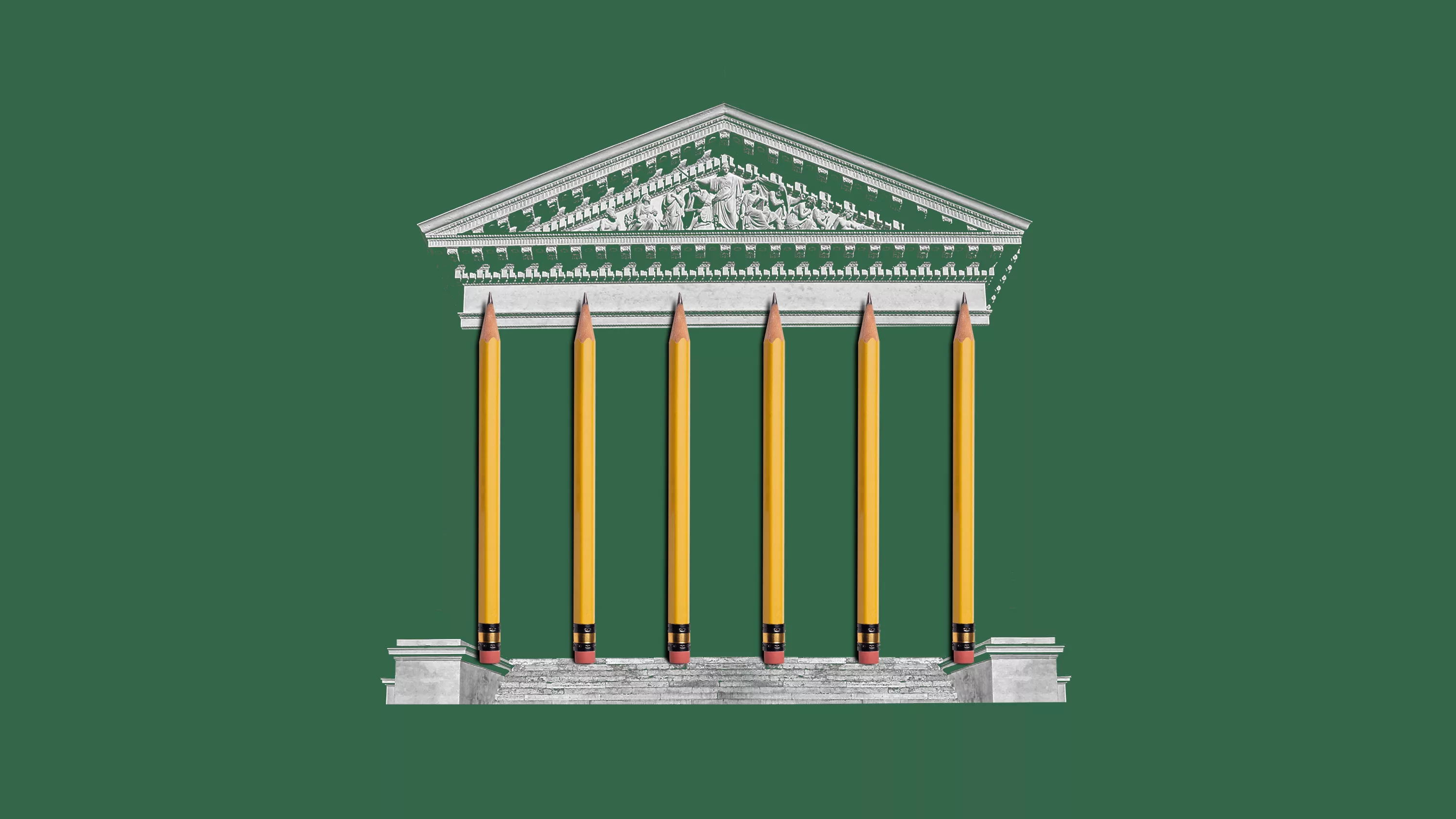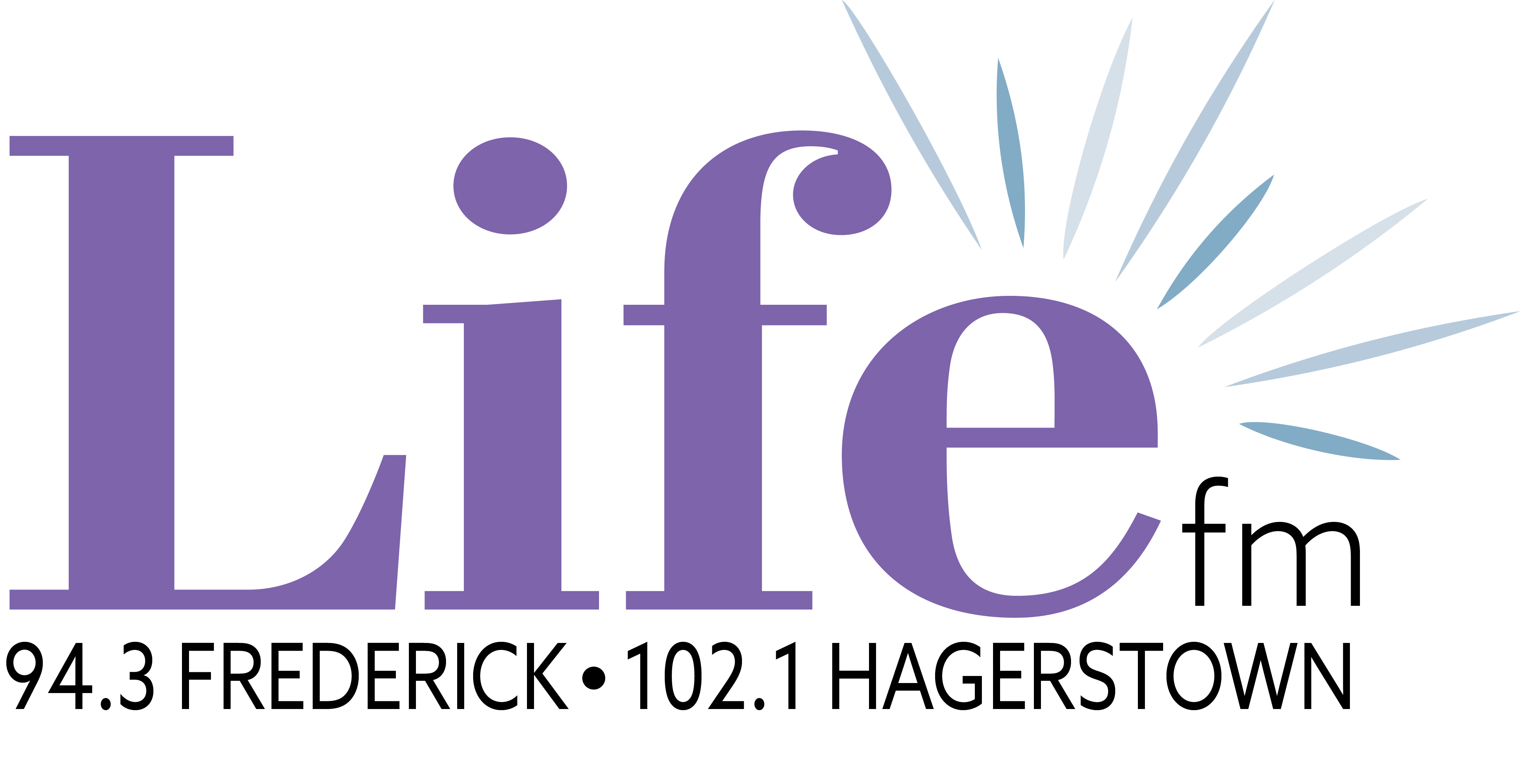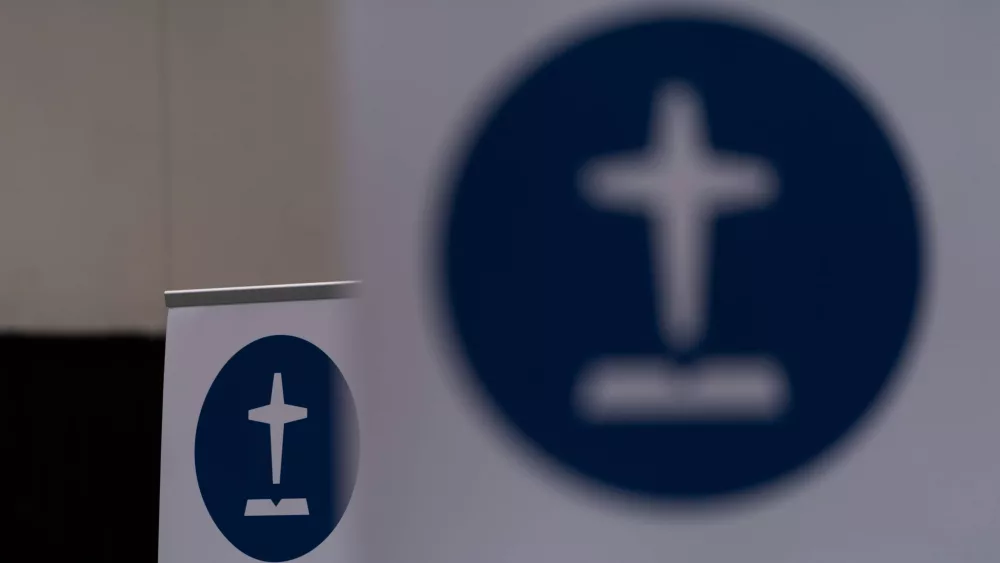
Christians in America enjoy the right and duty to educate our children as conscience dictates, thanks to a balanced legal tradition.
When the COVID-19 pandemic pushed K–12 schooling online and gave public school parents a new window into how and what their children were learning, a nationwide debate erupted. Public curricula on race, class, and gender and the role of parents in shaping their children’s education came under scrutiny as they hadn’t for two decades.
By 2023, 22 states had implemented parental rights or curriculum transparency laws or executive orders, to varying results. In Maryland, Muslim and Christian parents sued their local school board for not allowing them to opt their elementary-aged kids out of mandatory LGBTQ story hours. In the state of Washington, the recent “Parental Rights initiative”—requiring public schools to release children’s medical records to their parents—is being challenged in the courts.
Meanwhile, homeschooling is now the fastest-growing form of education in the country. Once illegal in many states and associated with white, religious conservatives, it is increasingly ethnically, religiously, and politically diverse. Some parents are (wisely) taking it on a kid-by-kid, year-by-year basis.
How did we get here? And how should Christians—especially those who want to both train up their children in the way they should go (Prov. 22:6) and seek the welfare of their city (Jer. 29:7)—think about the potential tension between the right of parents to direct their children’s education and the role of the state and wider community in forming educated citizens?
William Blackstone’s 1765 commentary on English common law is the seminal text on parental rights in the Anglo-American constitutional tradition. It begins not with the radical …

